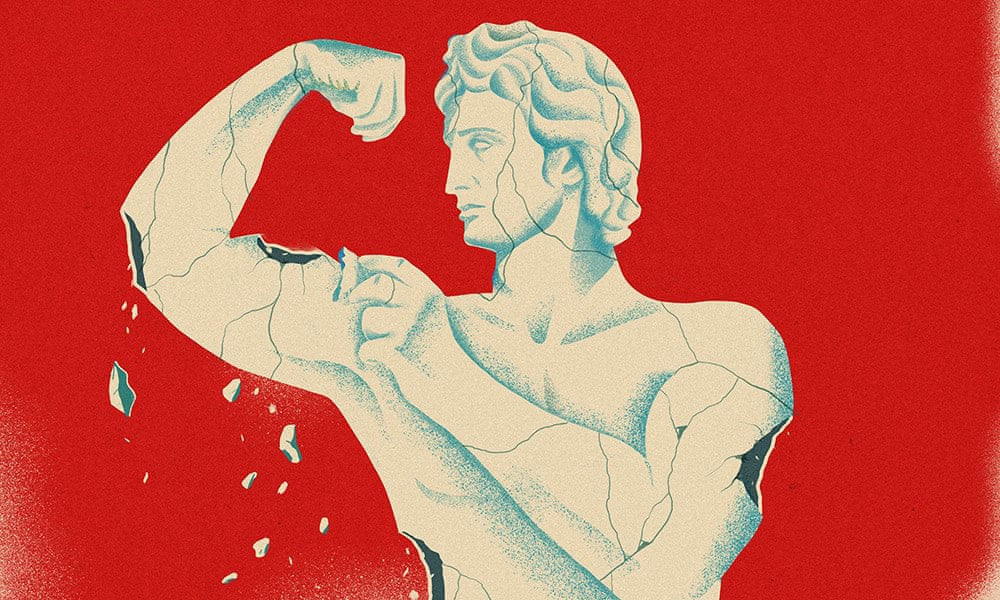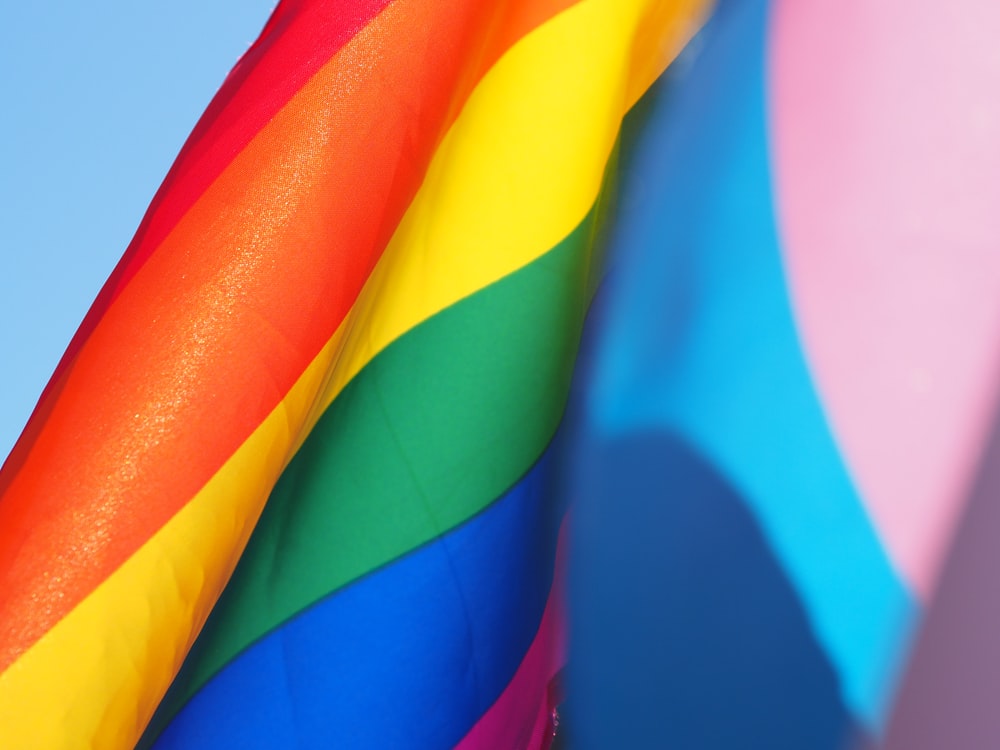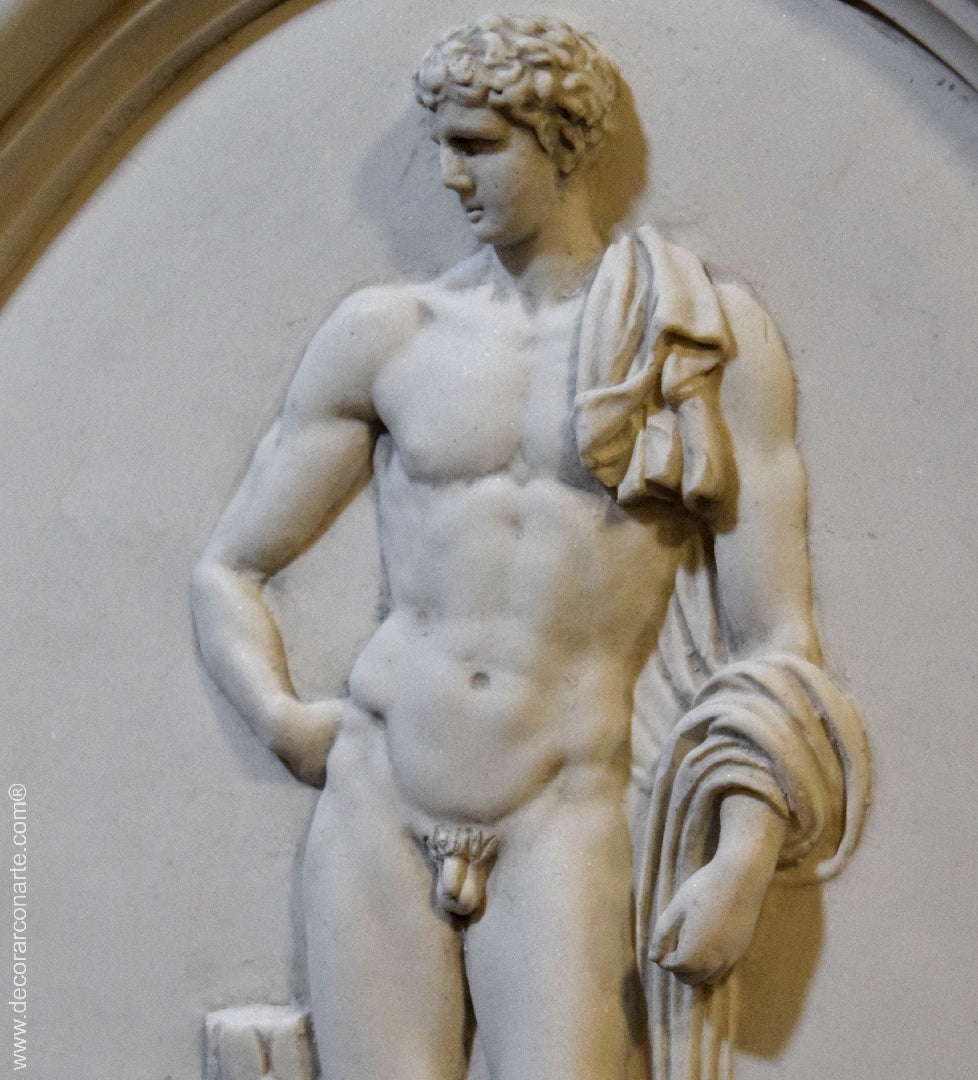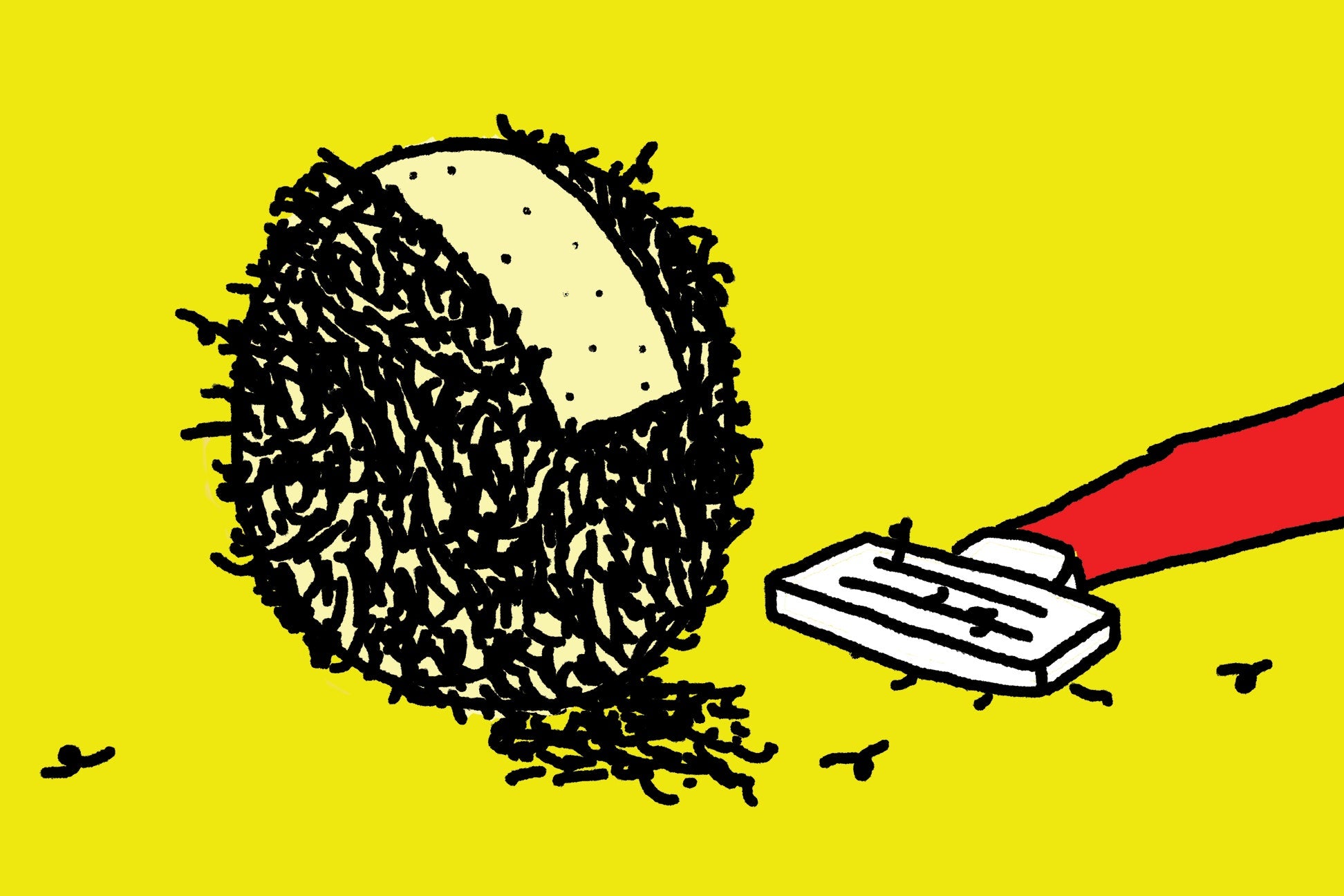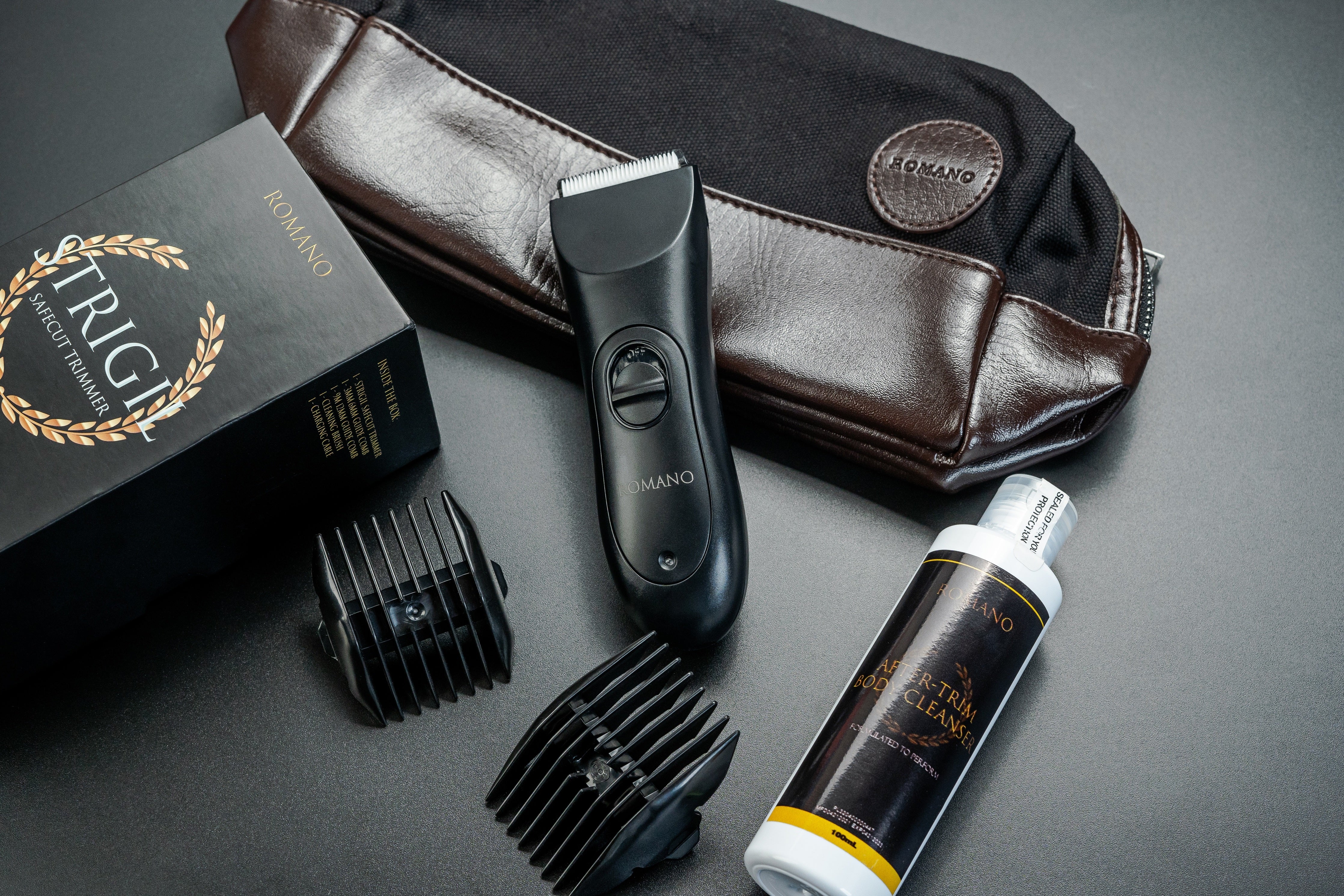Chances are, while you engage in social activities, may it be in physical or digital gatherings, or just throwing your thoughts at a comment in an internet post you felt compelled to react to, you’ve seen the term “toxic man” or “toxic masculinity” come up—especially in very heated discussions. Sometimes, you even see it come up in conversations like politics, systems, and in other contemporary issues, together with the word “patriarchal society.” But what really is toxic masculinity, and why is it that it comes up in almost every conversation tackling contemporary and systemic issues?
Well, toxic masculinity is a set of attitude and ways of behaving stereotypically associates with men that have a negative effect on men, and on society as a whole. It is the wrong and dangerous notion of “manliness” that’s defined by physical dominance and being “alpha” that more often than not perpetuates domination, homophobia, and aggression.
The roots of toxic masculinity is wrongful indoctrination: teaching boys that they can’t express emotion openly, that they have to be tough all the time. In general, it is this cultural upbringing that stunts the individual growth and provides them a skewed worldview of what being a man is—an unfragile, strong, aggressive manlihood that takes everything head on, and that a man who is the opposite is not a true man at all.
The Deeper Origins
According to Journals Sagepub (2020), toxic masculinity coined as a term emerged within the mythopoetic men’s movement of the 1980’s as coined by Sheperd Bliss. It is confirmed by Bliss in 2019 that he coined the term to characterize his father’s militarized, authoritarian masculinity, which is also true of other toxic masculinity experiences.
In short, toxic masculinity is taught and learned. It is not natural nor normal behavior, and it is not productive for a society that aims to progress towards equality and building more safes paces. As it is indoctrinated from one person to another, usually perpetrated by the father to the son, by the son to his friends, by the friends to other colleagues, up until even women themselves are indoctrinated that men are just supposed to “behave this way,” it is undeniable that it is one of the reasons as to why the patriarchal society is formed.
After all, toxic masculinity is not just a behavior, it is a culture that has been passed from one generation to another. The notion that men are supposed to never show emotion, be simple, and simply be “tough” is a dangerous mindset that has been adapted from generation to generation since the great great family trees of the Filipino household.
Therefore, toxic masculinity is a systemic problem that affects all forms of contemporary issues since it’s deeply rooted as a social behavior. When men are indoctrinated in the wrong form of masculinity, the culture itself can harm not just the people and the environment they’re in, but also themselves and the future men that they will raise. The effects of toxic masculinity are then felt in different aspects of society, in every industry, in every workplace.
As multiple mental publications put it, the effects of toxic masculinity are felt in the massive mental health concerns and the tendency of men to rely on substance abuse, because of the lack in social connection and the desire to be a strong, alpha male that doesn’t need help. In fact, although men (like women) experience mental illness, men are more likely than women to underutilize mental health services. As they are more resistant with readily available help and treatments, it’s no surprise that men are far more likely to die by suicide than women. The effects of this of course ripples to other branches of society, immediately from the family, to the workplace, which would continuously propagate unless a man does his work to get free of the toxic masculinity system.
Our Mission to Address It
As toxic masculinity is learned, it can also be unlearned. But as they say, old habits die hard, so the #healthymasculinity mission of Romano Philippines wouldn’t be easy. To unlearn, a man has to recognize and see patterns in toxic masculinity; and he must also recognize that it is a problem. Toxic masculinity is literally a mind and cultural shackle that requires mindfulness to break free off.
Healthy masculinity, as Talkspace (2022) puts it, means being honest with oneself about your own feelings, needs, and desires. It also means treating all others with the kindness and respect you deserve, not using your size, strength, or power to get what you want from others—i.e., being a decent human being.
As Rivera and Scholar (2022) adds, to recognize how traditional masculinity is toxic, there needs to be greater understanding of the social norms and gender socialization behind traditional masculinity. Gender-based social norms and gender socialization have had dire consequences on how men behave, act in relationships, and care for their health.
Meaning to say, true reform in society will only happen if the fathers of the next generation unlearn toxic masculinity as a whole, so they can replace toxic masculinity with a healthy version of it when they’re teaching their kids to be true “men.” So the next generation can assume the right roles and fit in a society that provides equal rights, treatment, and representation to all sexual orientations.
The effort to unlearn the toxic masculinity mindset intends to empower not only the female counterpart, nor the LGBTQIA+ and people of color, it also means to empower men as toxic masculinity is harmful not just for society but also for the men themselves. It is only when men have broken free from the indoctrination of their fathers that they can father the next generation better. Otherwise, the same system will perpetrate, and it is our society itself that suffers, both women, men, and children.
After all, we all would want our family to live in a society that we can trust.
The #AlagangRomano mission is more than just mangrooming. Our mission is to install mangrooming habits as a norm in the Philippines, to ultimately defeat toxic masculinity and build safespaces.
Aside from the shaving memes, we long to be an inclusive brand that empowers all Filipinos of all walks of life. Which is why we engineered our products to be designed for the Filipinong bayag, the Filipina coochie, or the lack thereof.
If you’re looking for men grooming near you, Romano Philippines is the flagship men brand that offers premium men grooming products and tips. We’re opening up our subscription box soon, so follow our page so you can be posted!

